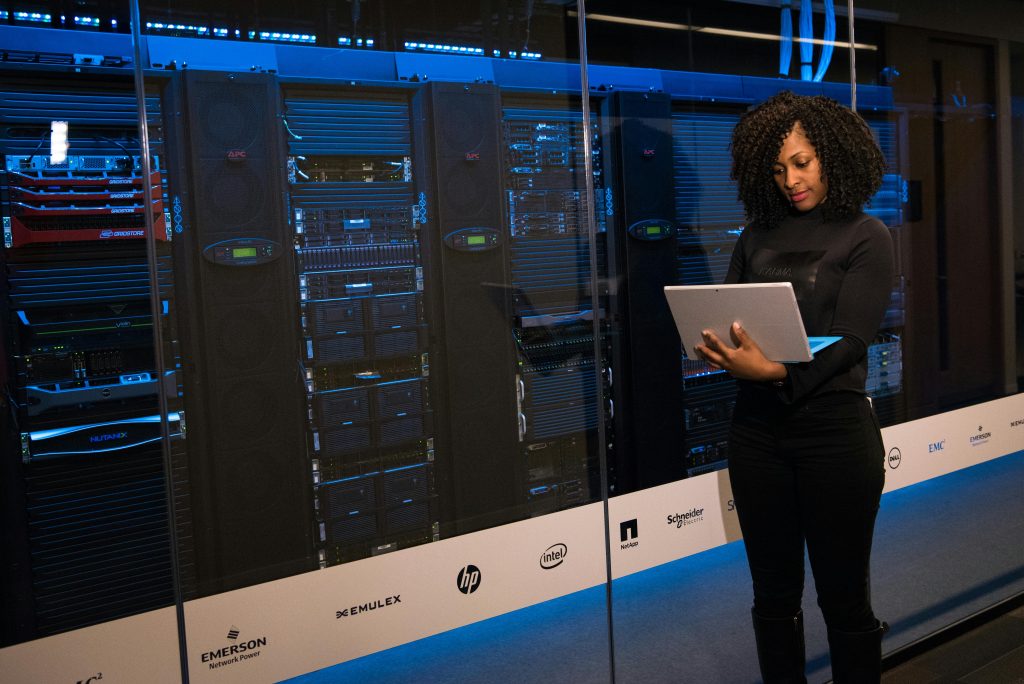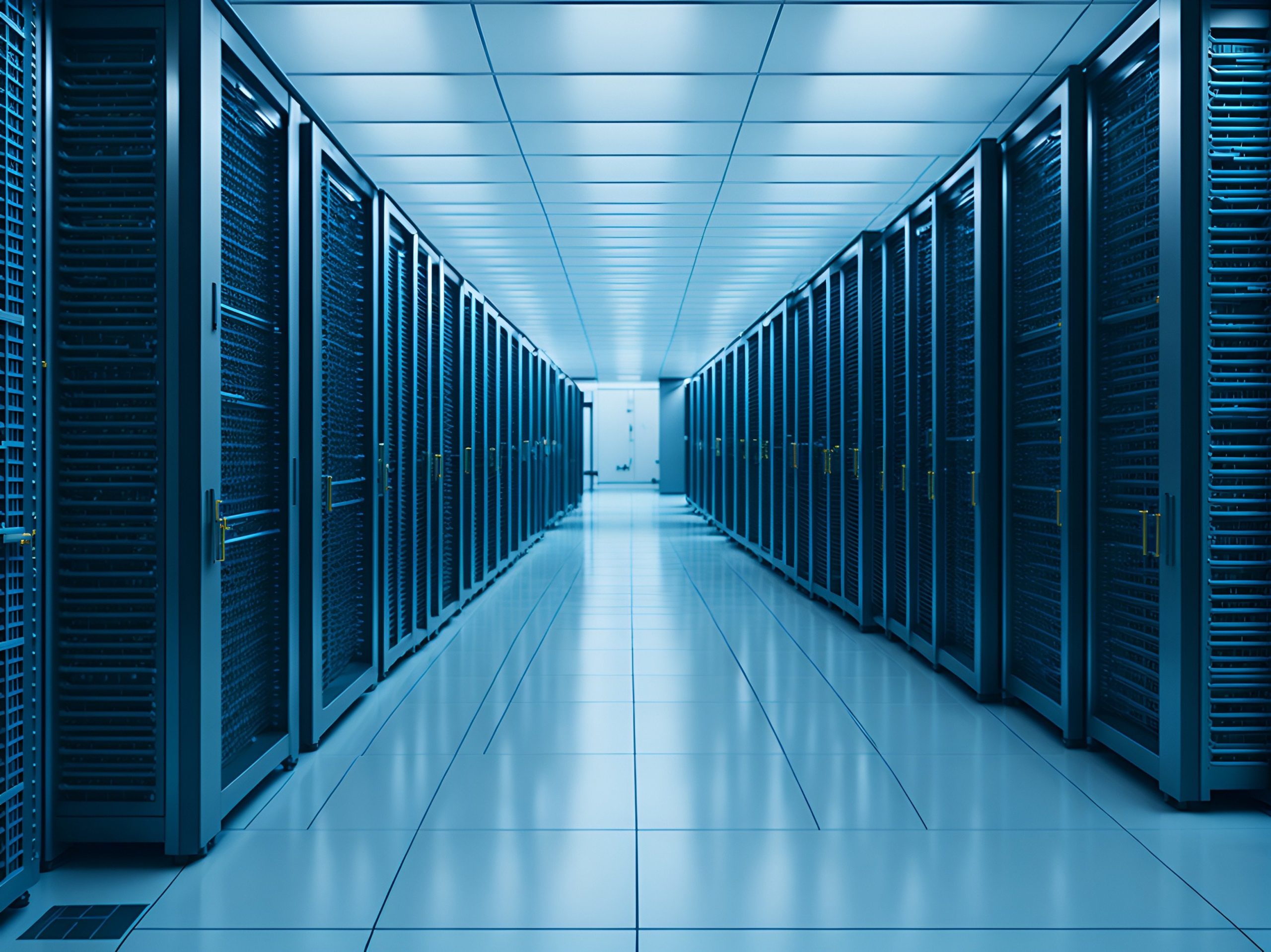
Introduction to Edge Computing
Website performance is crucial for every big and small business. A slow website can frustrate users, leading to higher bounce rates and lost revenue. Edge computing brings solutions and computation closer to the user, reducing latency and improving reliability. But how does it work, and why does it matter for your website? Let’s break it down in a way that’s easy to understand.
How Edge Computing Boosts Website Speed
Edge computing involves processing and storing data near where needed rather than relying on a distant central server. Think of it as having a local store instead of always driving to a faraway warehouse for groceries. It’s faster and more convenient.
A key way it speeds up websites is through Content Delivery Networks (CDNs). CDNs cache your website’s content on servers located around the globe. When a user in Nigeria visits your site, the CDN routes their request to the nearest server, say in Africa, instead of sending it across the ocean to the US. It reduces the time data travels, making pages load quicker. According to industry reports, websites using CDNs can load 2-3 times faster.
Enhancing Reliability with Edge Computing
Edge computing doesn’t just speed things up—it also makes websites more reliable. With multiple edge servers distributed globally, traffic can be spread out, preventing any single server from getting overwhelmed during high-traffic periods, like during a big sale. This load balancing means your site is less likely to crash, even if one server fails.
Plus, edge computing can handle dynamic content and offer security features like DDoS protection, ensuring your site stays up and running. It’s like having backup generators at different locations, so if one goes down, others keep the lights on.
Beyond Speed: Edge Computing for Web Applications
Edge computing isn’t just for static websites. It’s a game-changer for web applications that need real-time processing, like online gaming, video streaming, or IoT dashboards. For instance, even a tiny delay can ruin the experience in an online multiplayer game. The game responds faster by doing computations on edge servers closer to players, making it smoother and more enjoyable.

Leave a Reply